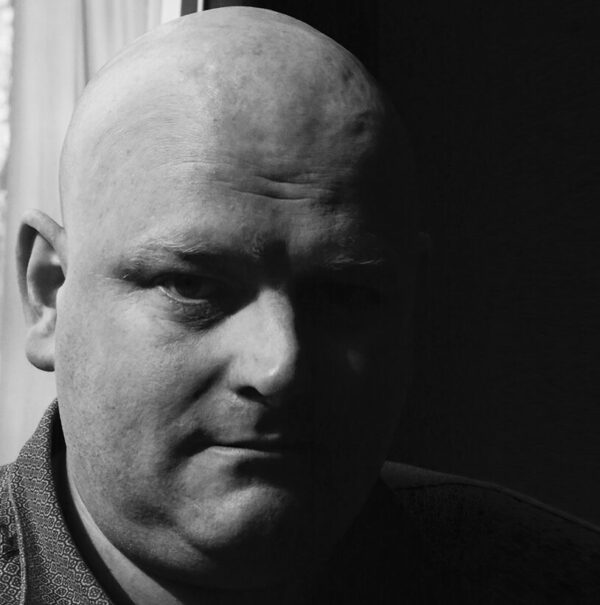King’s College London is part of the University of London. It has entered into a partnership with Science Gallery International to develop Science Gallery at King’s College London. Part of the Global Science Gallery Network, and based on the model pioneered by Trinity College Dublin, Science Gallery London will have no permanent collection but a changing programme of exhibitions, events, performances and festivals bringing science, technology and health into dialogue with arts and design. Each year, it will welcome 250,000 15-25 year olds, igniting creativity where science and art collide.
Objective
To produce an initial revenue business model to establish the ongoing feasibility of Science Gallery at King’s College London.
Actions
Stephen Escritt and Tom Wilcox, with Counterculture associate Duncan Ackery, worked closely with KCL and Science Gallery, Trinity College. They analysed and identified: the likely running costs and potential income streams for the new gallery; potential catering and retail opportunities; the likely costs of staff, premises and programme; the proposed programme within the cultural landscape of London; the likely profile and size of the audience for the gallery; raised income opportunities including research funding and public engagement with science outcomes. And worked with the appointed architects to establish space-planning requirements from a business and operations perspective.
Result
Counterculture’s independent analysis informed the early stages of KCL’s planning, towards opening in 2016. As a result of this work, Counterculture are now continuing an ongoing relationship with Science Gallery Dublin on its own business planning.
More
https://www.sciencegallery.com
https://www.kcl.ac.uk/cultural/index.aspx
Image © King’s College London, used with permission.
